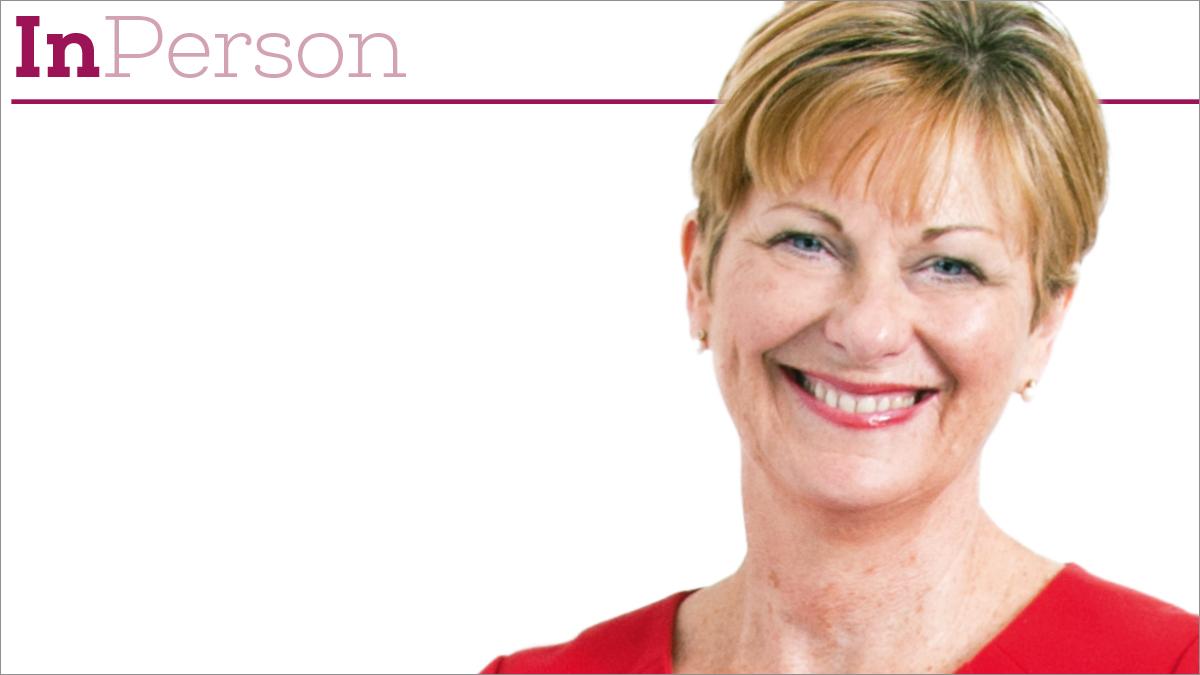Karen Middleton considers the value of enabling everyone to be their authentic self

This month we celebrate LGBTQIA+ history month and the theme this year is ‘body, mind, spirit’.
I have written before about my own education and awareness of diversity issues, which continues most days and certainly every week. Really appreciating my own privilege as a white, heterosexual, able, middle class woman, and how this shapes what I see and what I don’t see was the starting point last year.
More than that though, I have learned how I have, in the past, tried – unconsciously – to do the right thing by approaching diversity issues from my privileged perspective, which simply perpetuates the concept of ‘other’ and actually counters inclusion.
I had an example of this many years ago with my own step-daughter, Lucy. She had had many boyfriends and then had a girlfriend – all of whom were lovely. One day I asked ‘So are you gay then?’ which is what I’d always thought. Her reply was insightful and opened my eyes. She said: ‘Why do you need to put me in a box or a category? That’s your issue, not mine.’
Lucy didn’t actually tell me what she was because that was about my need, not hers. What was it that I was frightened of? What was it that I thought might get disrupted in my privileged world?
Lucy describes herself as bisexual and is very happy, but she talks and writes about how hard it can be if you don’t fit into a nice neat box.
We all know about the connections between body, mind and spirit from our clinical work but imagine not being able to be who you really are and the impact that must have on your body, mind and spirit.
As Sonya Renee Taylor says ‘No one loses anything when anyone decides to step into the fullness of themselves’. Perhaps go a step further and think about what we all have to gain by individuals being able to be who they really are or their authentic self.
I am aware of how often we talk about authentic leadership. There are few leaders who are openly out and I assume that is because they fear discrimination if they disclose. Yet if we want their authenticity, we do need their whole self. Therefore it is incumbent on us all, particularly those with privilege, to enable people to be who they truly are.
The CSP continues to develop its equality, diversity and inclusion strategy and I am certain one aspect of it will involve education of CSP members and staff, but I urge you not to wait for the strategy to learn more.
There are plenty of resources available, including in this issue of Frontline, but don’t forget the resource of those in minority groups – be curious and ask. Don’t get overly concerned about getting the language right to start with – with each new letter included in the acronym LGBT, I have to ask for help – but show humility when you do ask.
Note: With thanks to Lucy Middleton, who gave her permission to be mentioned here.
- Contact Karen to discuss this or any other issues at enquiries@csp.org.uk
Number of subscribers: 2
